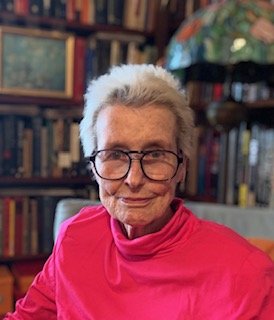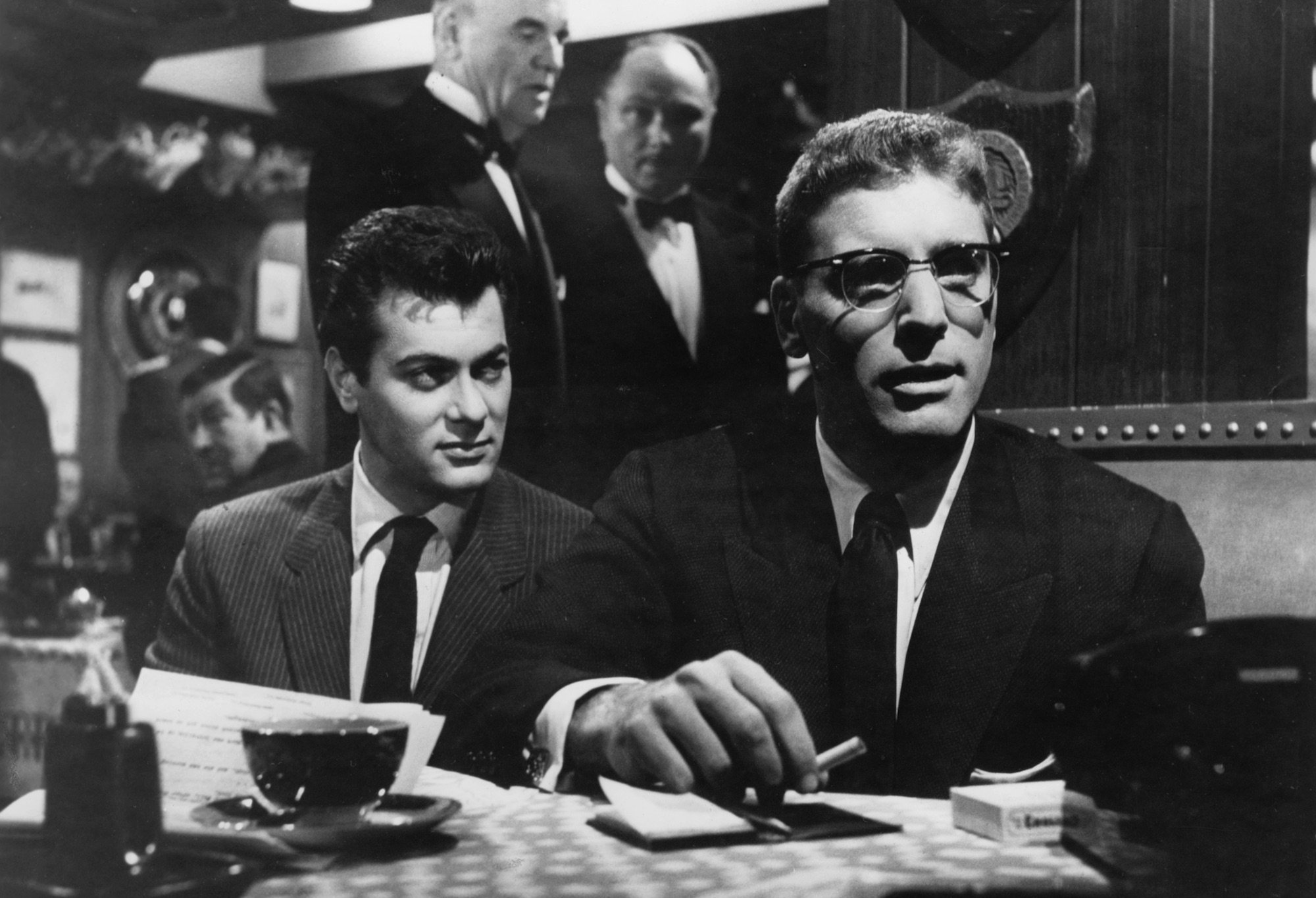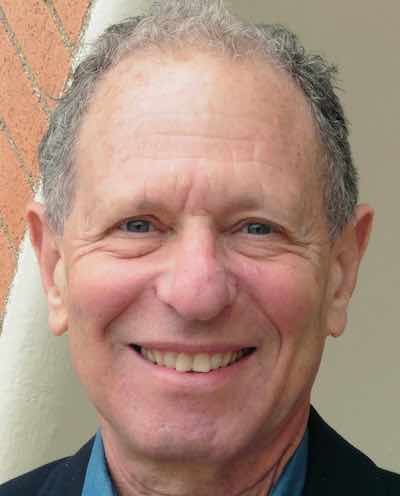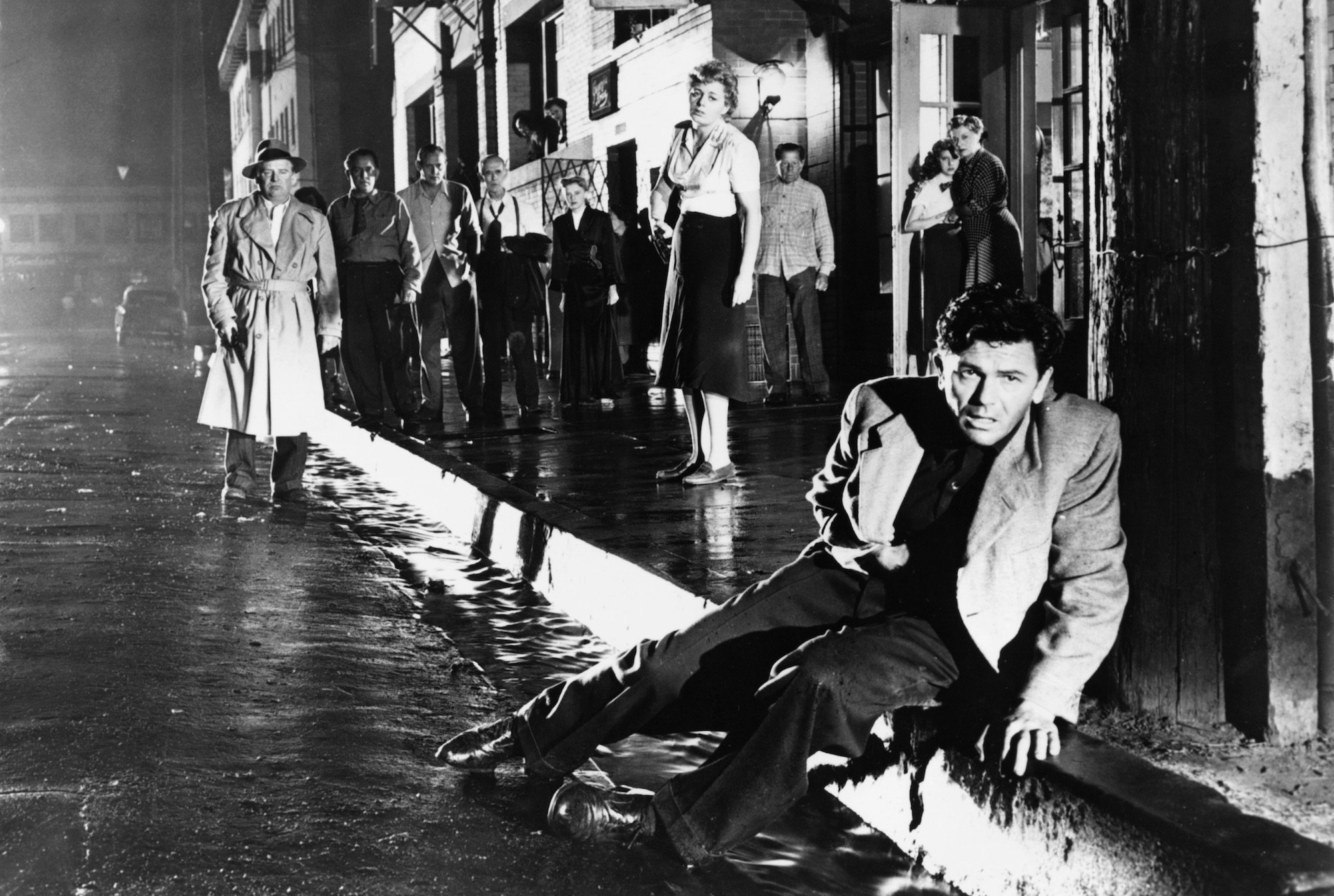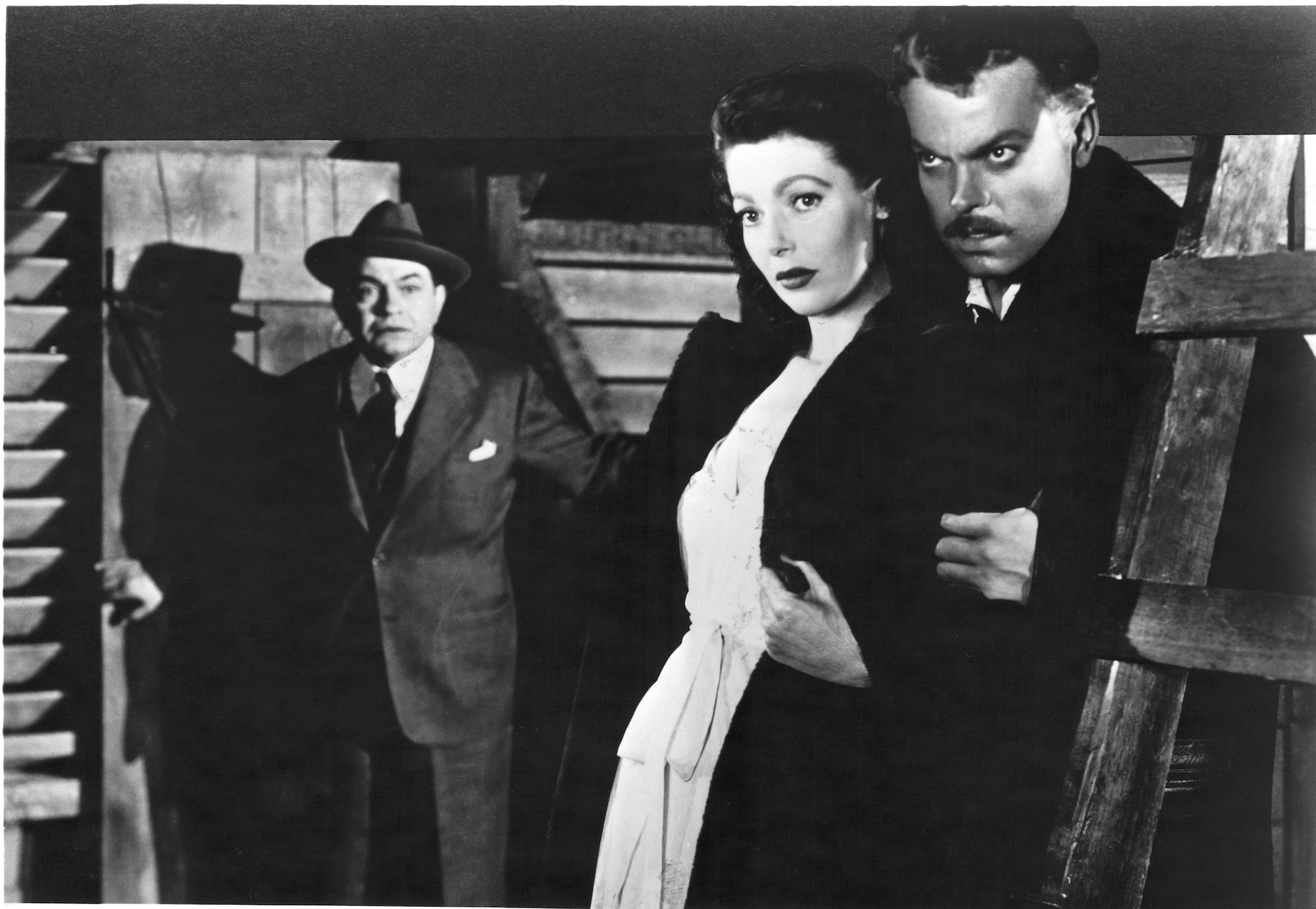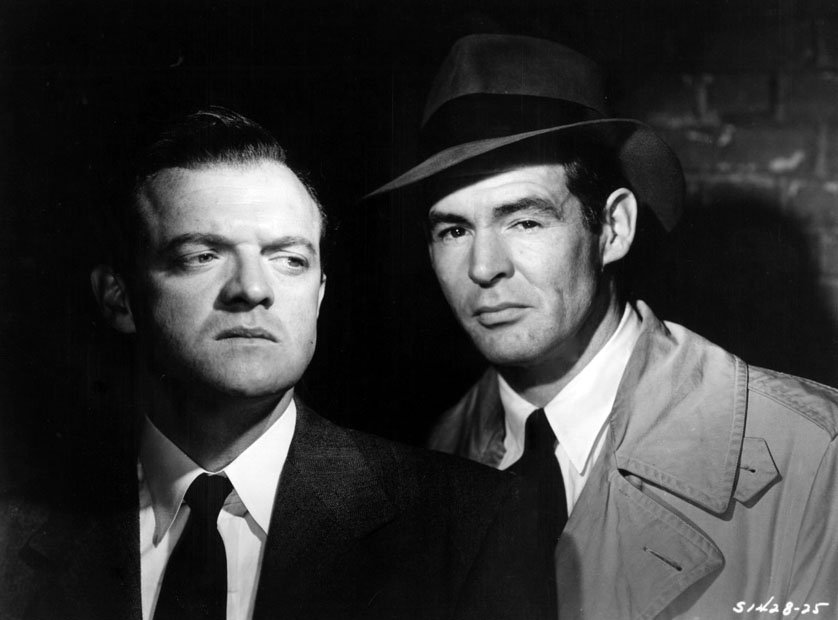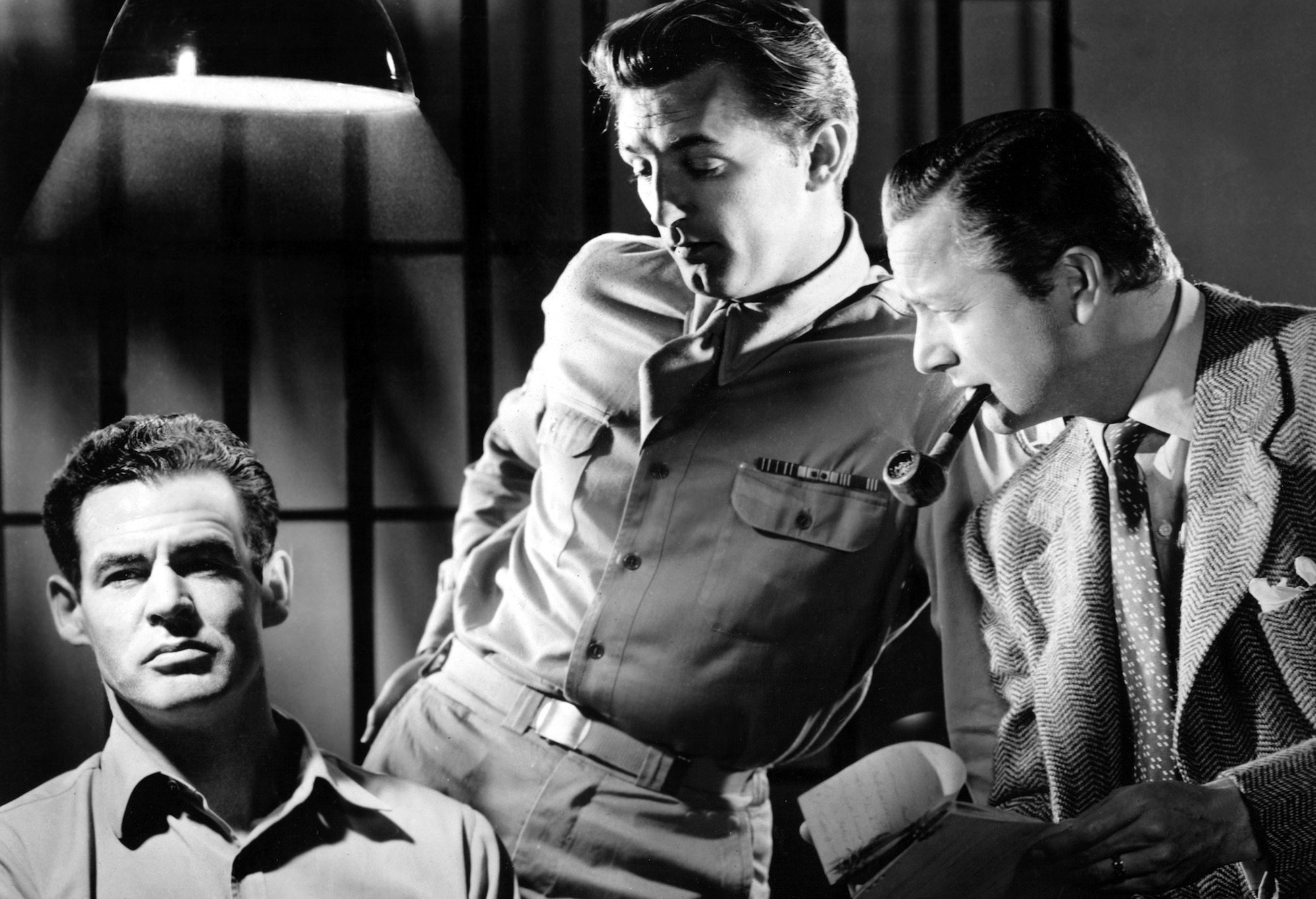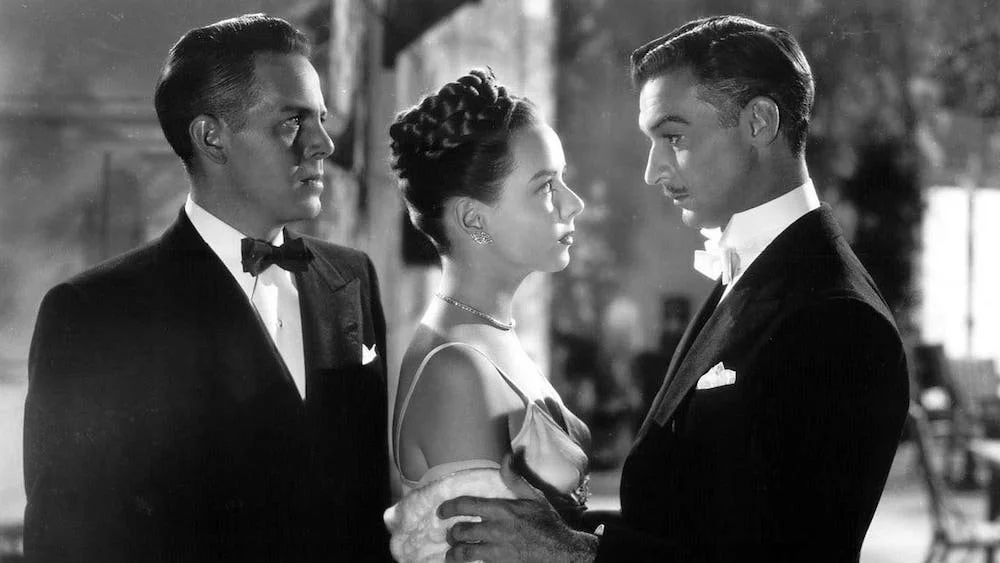Festival greeting by Carol Becker, Dean of Columbia University School of the Arts
Introductory remarks by Gordon Kit (CC ’76)
"Violence and Visionary Pessimism: The Jewish Contribution to Film Noir"
This talk will explore the historical circumstances in which Jewish artists – some émigrés from Hitler's Europe like Edgar Ulmer, Robert Siodmak, and Billy Wilder, others Americans of European immigrant descent like Phil Karlson, John Berry, and Ben Hecht – decisively stamped classic Hollywood noir with their own thematic preoccupations and visual techniques. Using clips from noirs on (and a few off) the 2022 program, this talk will consider these films' sometimes submerged, sometimes explicit allusions to Hitler's programs of euthanasia (The Spiral Staircase) and genocide (The Stranger, Ace in the Hole) as well as the German POW camps (Act of Violence), German and American anti-Semitism (Address Unknown, Crossfire), the Fascist mindset, and the atomic age inaugurated by Hiroshima (Gilda, Notorious).
With the end of WWII and the death of F.D.R., paranoia acquired a U.S. passport and spawned the anti-communist crusade (The Sweet Smell of Success) and the blacklist (He Ran All the Way), most of whose victims were Jews. Special attention will be paid to the figure of the pariah or displaced person (Detour, The Stranger on the Third Floor, The Big Heat) and classic noir's extreme reliance on extras and bit players who represent the detritus of an un-throttled capitalist society (Scandal Sheet, Ruthless); both tropes owe much to a longstanding but newly acute Jewish concern with the wronged and obliterated. This talk contends that noir's trademark combination of "visionary pessimism" (Raymond Durgnat) and bravura dark wit is irrevocably linked to its Jewish artists and the horrors and inextinguishable hopes of the time in which they lived.
About Ann Douglas
Ann Douglas received her BA and PhD at Harvard. After teaching at Harvard and Princeton, she came to Columbia in 1975. She is the author of two books: The Feminization of American Culture (Knopf, 1977) and Terrible Honesty: Mongrel Manhattan in the 1920s (FSG, 1995). She has also written for the New York Times, Time, Slate, Vogue, and Vanity Fair. She belongs to the New York Historical Society and the American Academy of Arts and Sciences. She has taught courses on film noir in the English Department since 1995.


